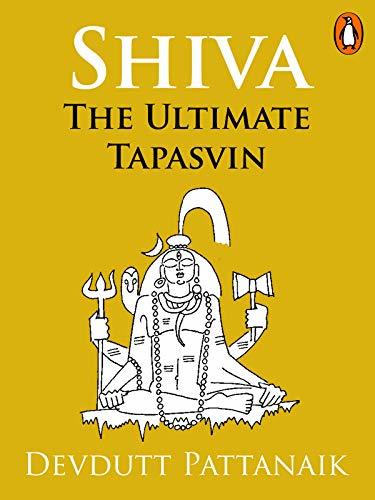
The ultimate goal of a spiritual transformation is enlightenment and with enlightenment comes ananda or tranquil bliss. And with this bliss, there are no urges, no needs, and no desires. This is usually how Shiva is known to in perpetual transcendence. However, transcendence means there isn't a need for life or matter to exist. Desire is what links man to nature and if this desire is taken away, the world soon enters stasis and all life will cease to exist. This only means that even Shiva is domesticated in some form or the other. How does this happen? Who makes this happen? In The Ultimate Tapasvin, Devdutt Pattanaik analyzes Shiva's significance in Hindu mythology and how He contributes to perpetuating life on earth. Read on.
Author

Dr. Devdutt Pattanaik (born December 11, 1970) is an Indian physician turned leadership consultant, mythologist and author whose works focus largely on the areas of myth, mythology, and also management. He has written a number of books related to Hindu mythology, including Myth = Mithya: A Handbook of Hindu Mythology, a novel, The Pregnant King, and Jaya: An Illustrated Retelling of the Mahabharata (2010). He is the Chief Belief Officer of Future Group, one of India’s largest retailers, bringing the wisdom of Indian mythology into Indian business, especifically in human resource management. He also writes a column for the newspaper MID DAY. He has also written a novel based on a tale from the Mahabharata titled 'The Pregnant King' published by Penguin Books India